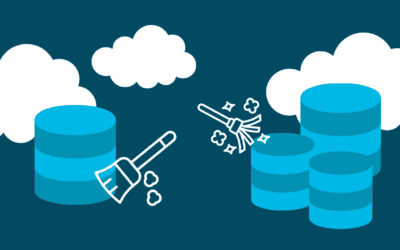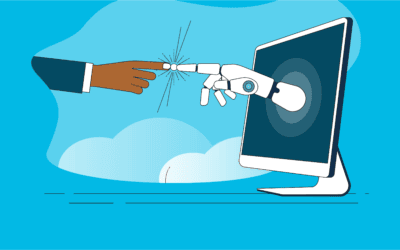When it comes to creating a fundraising event for your non-profit, not only do you have to invest a lot of time and energy to ensure its viability and quality, you also have to promote it. Success can only be achieved when these two objectives are met. A great event poorly promoted or worse, a talk-of-the town event, adequately promoted with thousands of people who leave disappointed, will not be considered successful. In this article we’ll assume you did your part right: you created a great event. Now what…
Be private AND public
Your non-profit probably has a Facebook fan page with a few hundred followers. You use this page to inform them of what’s new with your organization, to recruit, to show your staff in action and such. But when it comes to intensely promoting an event it can grow very annoying, for those who won’t attend, to endure this news feed pollution. It might even lead to fans leaving your page for good. What to do? Simple, create an event page. There many reasons to do so.
There’s a famous saying that states: “If you try to talk to everyone, you talk to no one”. Properly targeting audiences and personalizing messages is the best way to resonate with those you are trying to invite to your event.
One of the advantages of an event page is that you are directly gathering information on those who are planning to go versus trying to estimate who will go from your general fan page. Also, you can challenge them to post content related to your event such as (classic example: you are doing a bowling event, have them post pictures in their bowling gear). It won’t show or be overly annoying to a disinterested fan’s news feed but rather raise engagement with those who are committed to going. Don’t get me wrong; you can still promote your event to your fan page, indeed you should, but not as extensively as you would in an event page.
An event page will allow you to get content and feedback before, during and after the event. You could: ask what is the part of the event the attendees are most looking forward to, have them comment and post content during the event or do a poll afterwards to get insights on what did or did not work.
The equivalent can also be done on Twitter or Instagram for example. By choosing a hashtag relating to your event you spark conversation and content-sharing revolving around YOUR event and YOUR brand. To reuse our bowling event example, it could be something like: #bowlingforXYZ or #XYZbowlathon, etc. Be careful, when you choose your hashtag, be sure to select something short and clear. Advice the social media experts surrounding Susan Boyle’s album launch party (#susanalbumparty) could have used.
See what I mean.
Written by Franck Bernard



